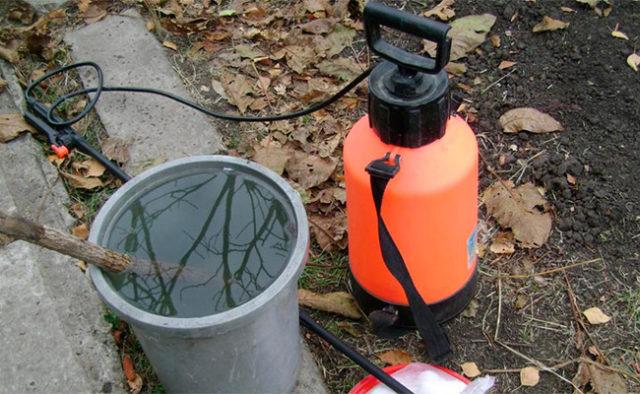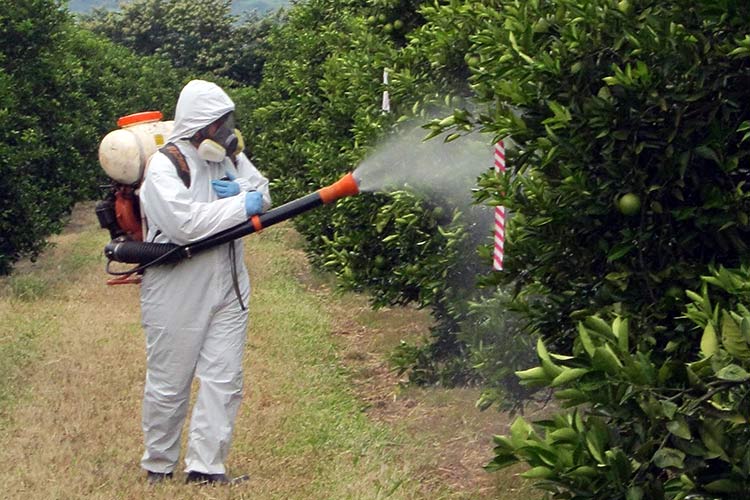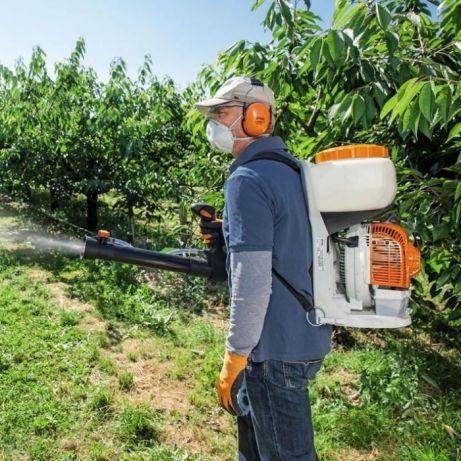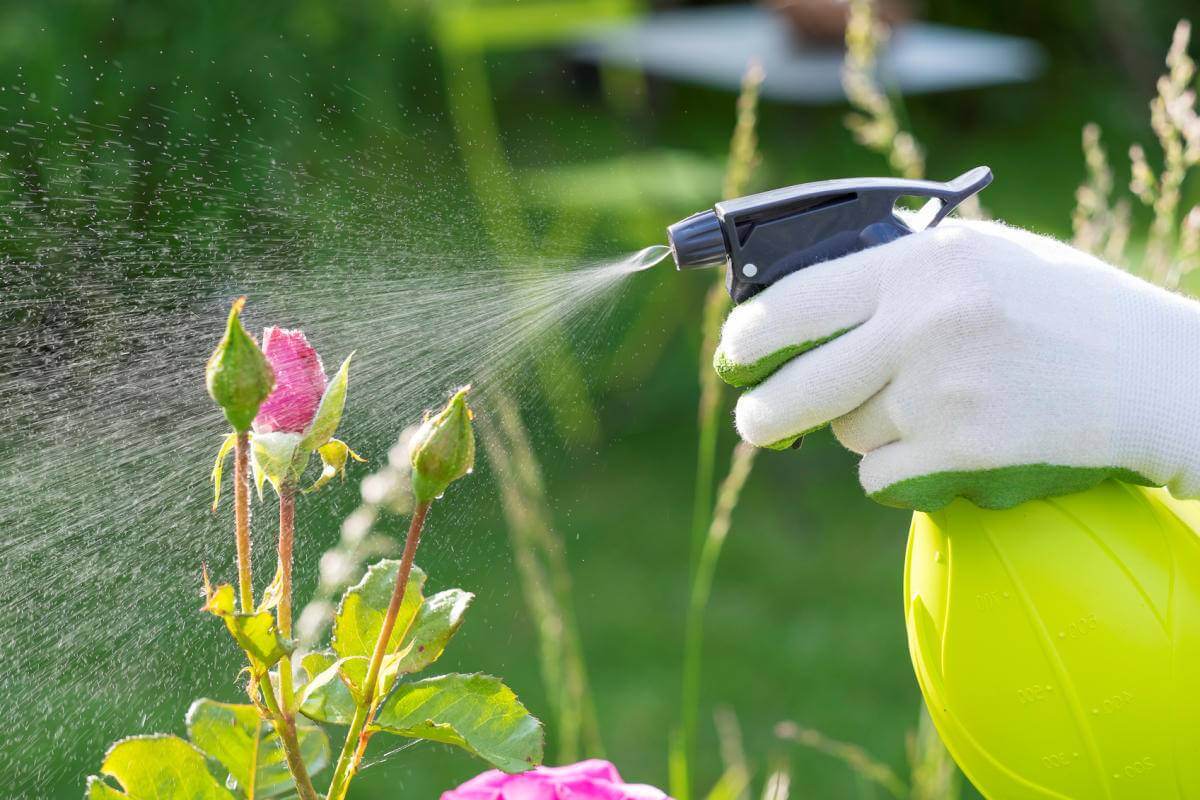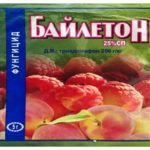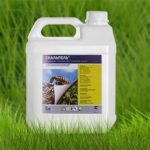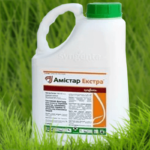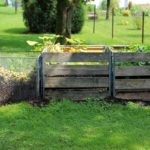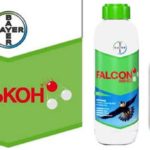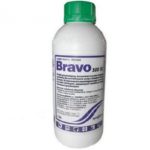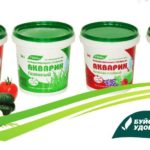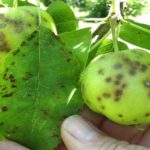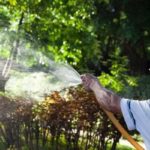Antifungal treatment of agricultural crops is one of the most important stages in the farmers’ battle for the harvest. To destroy infection and provide plants with lasting protection against mycoses, flutriafol-based products are used, one of which is Triafol. Preparations of this group have rightfully won first positions among monocomponent fungicides intended to combat fungal diseases of grains, a number of vegetables and fruit and berry crops.
Composition and existing forms of release of the curing fungicide
The active composition of the fungicide "Triafol" is represented by the substance flutriafol, contained in an amount of 250 grams per 1 liter of the total volume of the product. The drug is produced in the form of a suspension concentrate, packaged in 5 liters and packed in plastic containers with a screw cap.
Operating principle
Flutriafol, having a high penetrating ability, quickly enters the conducting system of the crop through the foliage and spreads through the tissues. The connection moves acropetally following the growth point, which provides protection for young growth.
Once at the site of infection, the flutriafol molecule binds to the protein responsible for the assembly of ergosterol in fungal cells. As a result of stopping the synthesis of sterols, the process of formation of the cell membrane is disrupted, and the development of mycelial hyphae stops.
Flutriafol has a contact-systemic effect, as well as a fumigation effect, which allows the use of drugs based on it to treat plants affected by mycoses and prevent the spread of fungal infections.
What is it used for?
Fungicide "Triafol" is intended for antifungal treatment of agricultural plantings of spring and winter grain crops (wheat, barley), sugar beets, and grapes.
The drug is active against pathogens of the following diseases:
- powdery mildew;
- rust;
- scab;
- spotting;
- septoria;
- pyrenophorosis;
- Fusarium head blight on wheat;
- rhynchosporiasis;
- cercospora;
- fomoz.
Treatment of vineyards provides plantings with protection from oidium, which affects most European plant varieties.
Fungicide "Triafol" is used in agriculture for therapeutic and prophylactic treatment of apple orchards, in order to combat pathogens of scab and powdery mildew. Flutriafol provides protection to treated crops within 6-7 hours after spraying the product. The effect lasts for up to 6 weeks.
When treating external mycoses (rust, powdery mildew), the life cycles of fungal cells are disrupted during the first hours after spraying. In the case of internal infections (septoria), suppression of the development of fungal colonies occurs within 10-14 days.
Consumption rate of the drug
"Triafol" is used in accordance with the dosages and consumption standards of the working solution recommended by the manufacturer.
Consumption rates of the fungicide "Triafol" for different crops:
| Processing object | Fungicide dose, liter/liter | Consumption of working solution, liter/hectare | Spraying period | Frequency of processing | Waiting period, days |
| Wheat | 0,5
|
300 |
Growing season | 1 | 50 |
| Barley | |||||
| Sugar beet | 0,25 | During the growing season, at the first signs of infection | 1-2 | 30 | |
| Grape | 0,125 | 500-1000 | Before and after flowering | 4 | 50 |
| Apple tree | 0,1 – 0,15 | 1000-1200 | In the green cone stage, at the beginning of budding, after flowering | 4 | 60 |
Repeated treatments are carried out after 10-14 days. The turnaround time for manual and mechanized work is 7 days and 3 days, respectively.
Instructions for use
Treatment of crops with the drug "Triafol" is carried out by freshly prepared aqueous dilution of the concentrate by spraying the above-ground parts of plants.
Preparation of the working solution includes two stages. At the first stage, the concentrated suspension is thoroughly mixed with an equal amount of water.At the next stage, the sprayer tank is filled with a third of the total volume of water and the primary dilution is added with constant stirring. Then add the remaining water.
Precautions when working with fungicide
"Triafol" is included in the list of chemical substances moderately hazardous to human health (hazard class 3). Work with the composition must be carried out in compliance with personal and environmental safety techniques.
Measures for careful handling of the drug include:
- restricting access of unauthorized persons and animals to the treatment area and adjacent areas during work and on the first day after the procedure;
- use of protective equipment (closed suit, thick rubber gloves, goggles, respirator);
- use of mechanized spraying methods;
- compliance with the recommended timing of fungicide application.
The crops are processed in calm weather, preferably in the evening. It is necessary to limit the bees' flights to at least 6 hours. It is permissible to spray in the early morning hours. Nearby beekeeping farms are notified of the work. The aviation method of spraying is not used. It is unacceptable to pour the product into the ground and water bodies. The remaining solution and emptied containers are destroyed in accordance with the rules for the disposal of chemically hazardous waste.
Compatibility with other substances
Preparations based on flutriafol are compatible with other antifungal agents, herbicides, as well as with chlorcholine chloride.
Terms and conditions of storage
The container with the fungicide "Triafol" must be stored tightly sealed, isolated from household items, food and animal feed, at a temperature not lower than -10 ° C, excluding direct sunlight on the canister with the drug.
Best before date
2 years while maintaining the integrity of the original packaging.
What can be replaced
Based on flutriafol, as the main active ingredient, manufacturers produce drugs under different trade names.
Analogues of the fungicide "Triafol":
- "Inplant";
- "Fluplant";
- "Impact"
- "Fluafol";
- "Scalpel";
- "Phytomedic";
- "Alpha Phoenix"

